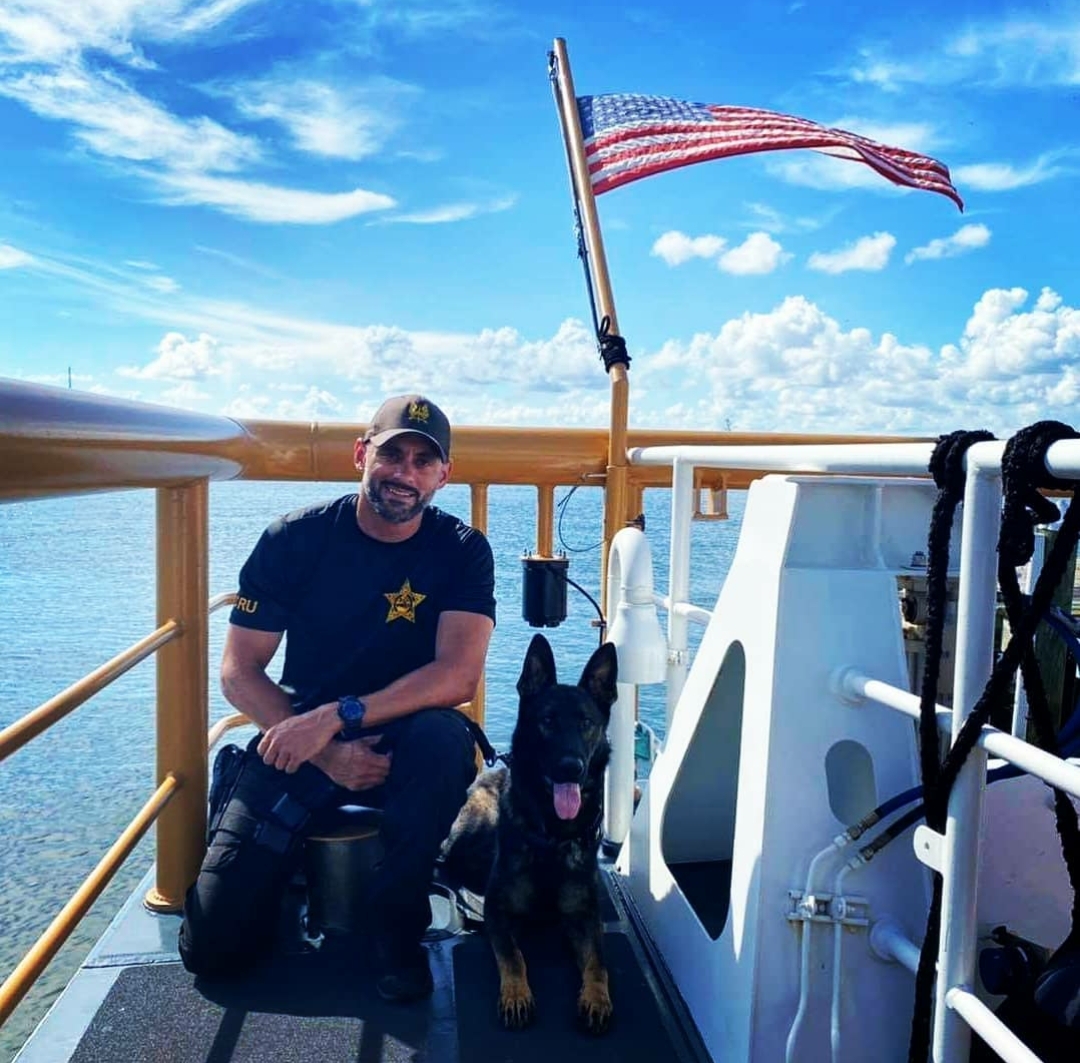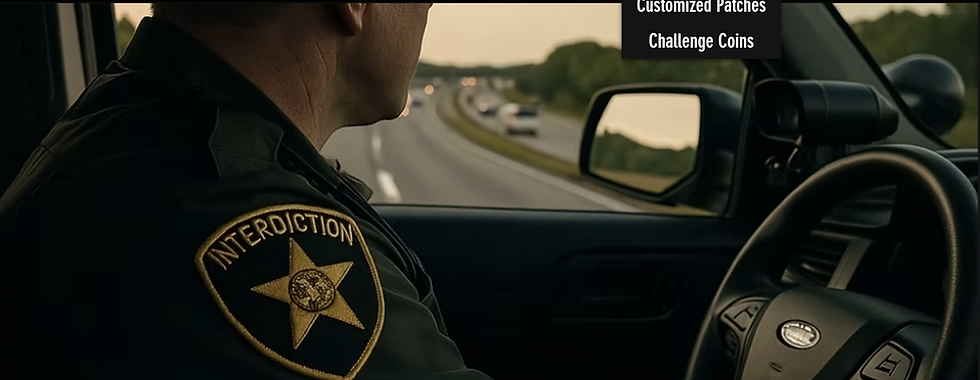Strengthening Criminal Detection and Interdiction
- Mark Elsaid

- Oct 19, 2025
- 2 min read


Officers from inner city streets to rural county roads, are making high-impact arrests because they train for interdiction on every call.
The Desire to Make a Difference
What separates a passive responder from an interdiction professional is simple: desire. Desire fuels training. Desire builds proficiency. Desire drives the vigilance required to spot deception or danger where others see routine.
Over time, that desire, paired with lawful street contacts, gives officers a sixth sense for:
-Suspicious or deceptive behavior
-Legal grounds for a pat-down or consensual search
-The moment when reasonable suspicion evolves into probable cause
The Silent Warrior
From impaired drivers to active shooters, the modern officer faces threats that require more than reactive response. The officer who interdicts crime before it occurs prevents harm that may never make the headlines but saves lives just the same.
Case Study: Thirteen Minutes That Changed Everything
One quiet night, an officer initiated a stop for a broken taillight. A small detail. But on closer inspection, they spotted a smear of blood and hair near the lens. In plain view: an uncased rifle, a wig, purse, glasses, women’s shoes, and a shovel. The driver, intoxicated, had just assaulted his wife and was returning with tools to escalate the violence. That 13-minute stop likely prevented a murder, and it started with a taillight.
What All Criminals Have in Common
Whether you’re dealing with a burglar, a drunk driver, a gang member, or a terrorist, nearly all criminals:
-Drive, walk, or ride through public spaces
-Carry evidence of their crimes
-Exhibit nervous behavior in the presence of law enforcement
-Lie, and do it badly
-Commit minor infractions that create lawful opportunities for contact
Those who commit violence rarely emerge from the shadows; they move among us first. Criminal interdiction is about recognizing the smoke before the fire ignites.
The Relentless 5%
A rare breed of officers who actively seek out criminals on every shift. They’re alert, driven, and relentless. They don’t wait for crime to happen. They work to prevent it. Imagine the impact on crime in this country if 95% of officers adopted that mindset.
Final Thoughts
You may work in a district or agency where you’re constantly jumping from call to call. Even then, staying alert—keeping your eyes open during “routine” calls—could make the difference between intervention and aftermath.
Remember: the proactive officer shapes their career. The reactive officer lets the career shape them. Picture this; working out or sitting on the couch, which one shapes the person you want to be?
No matter your role, you do a dangerous and honorable job in a dangerous world. Whether you’re hunting Mr. Wrong or waiting for the next call, stay sharp, stay safe, and stay committed to making a difference.
Mark “Oakley” Elsaid
Strengthening Criminal Detection and Interdiction

Comments